Should your title be original?
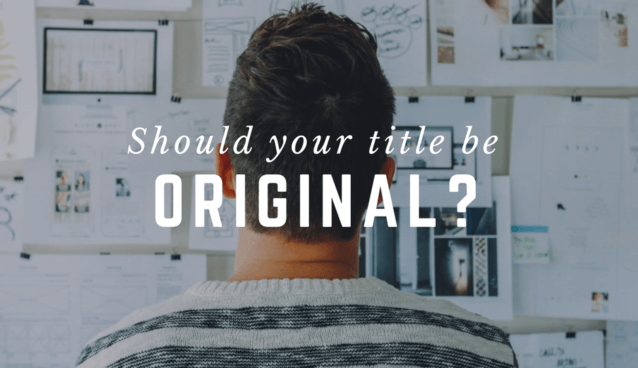
At some point every author faces a problem: what title to choose for my book? Should it be long or short? Should it describe or surprise? And eventually: Should the title be original? This last questions turns out to be frequently asked. Some of the authors want their titles to be unique, others are scared to violate the rights of other creatives. What is the situation exactly?
1. Definitions
Let’s start with defining what a title is. According to a dictionary, a title is an identifying name given to a book, play, film, musical composition, or other work. Can it be copyrighted then? The purpose of copyright is to grant the creator of literary, artistic, or musical work exclusive legal right, given to an originator or an assignee to print, publish, perform, film, or record that work, and to authorize others to do the same. So can you copyright the title.
2. Titles can’t be copyrighted
Copyright protection does not extend to titles, names, slogans or short phrases, the Copyright Office has made that much very clear. You cannot copyright your name, the title of your post or any short phrase that you use to identify a work. If you go to Amazon.com or the online Copyright Office records (www.copyright.gov), you will see countless examples of duplicate titles. Generally, titles (and short phrases) are not thought to possess enough original expression to warrant copyright protection. So, while you can copyright your novel, you can’t copyright the title of your novel.
The reason is that copyright is designed to protect works of creative authorship, it is not designed to protect how that work is identified in the marketplace, the same goes for people and places. Furthermore, such short phrases rarely meet the requisite level of creativity to be considered for copyright protection.
Offering such a wide protection to a just a title is considered to be too restrictive, as there are a limited number of unique titles that can be generated from a few words. Including the name of the author is sufficient to fix any ambiguity. So a legal protection isn’t needed. It’s really a practical matter. There are only so many short titles. After a while, nobody could come up with a reasonable title. But the content has to be original.
3. What about trademarks?
Copyrights and trademarks provide different forms of protection. Copyright law protects the way authors express facts and ideas. Trademarks protect the goodwill associated with products and services. Unlike copyright, trademark law may protect a title that is part of an ongoing series (e.g., Debbie Macomber’s “Cedar Cove” series). If the titles are used to identify a business, good or service in the marketplace, they can be given trademark protection. If you use a title in a way that might cause confusion in the marketplace, there could be trademark issues.
Trademark law protects against confusingly similar usage of source identifying words or symbols. If you wish to publish a book, or launch a series of books, you run the risk that someone may have already obtained rights to a confusingly similar title. Like any business, as you prepare to publish or launch your book, you want to select an appropriate title that is unique to you, and, if your book is an extension of your business, a title capable of identifying whatever your business offers, or intends to offer. Book titles such as The Da Vinci Code and Harry Potter and the Sorcerer’s Stone are trademarked.
A trademark search, and a working knowledge of this nuanced area of the law, is how you determine whether you can use the title you have selected. When selecting a title an author must take into consideration both registered and unregistered marks. Failure to perform a proper search can result in threat of a lawsuit from someone who believes you are a competing with them unfairly.
Unlike copyright protection, which is granted the minute your work is written down, trademarks aren’t handed out so freely. In fact, if the U.S. Patent and Trademark Office doesn’t consider your title (or brand) a distinctive mark that is indisputably distinguishable from others, you will not be granted trademark protection. This is why you see so many books with the same—or very similar—titles. Many of the terms are considered too generic or arbitrary to warrant protection.
Trademarks are not only intended to protect the creator, but also the consumer. Trademarks keep others from confusing a well-known work on the bookstore shelves with others. For example, Harry Potter is such a popular, distinguishable character by J.K. Rowling that you’d expect any title with his name in it to be written by her (or, at least, a book approved by her). It’s not only her work, but it’s become her brand.
So if you use the title of your book as the title of your blog, column, etc., it could be considered your brand identifier. And if you find success, you could qualify for trademark protection.
4. How to register your title as a trademark?
Since a single book title does not qualify as a trademark, how do you protect your title while you are gearing up to publish book two in what you hope will be the next “Chicken Soup for the Soul” or “Harry Potter” series? If you plan to publish a series title, you may file a trademark application on a good faith or bona fide intention to use basis. Known as an “intent-to-use” (“ITU”) application, an ITU application allows you to “reserve” your mark for up to thirty-six months. One of the advantages of an ITU application is it puts people on notice of your trademark rights, and, if you ultimately make use of the mark commercially, the original filing date serves as the date of first use.
If you have a distinctive or registrable title, but are not yet ready to publish book number two, intent-to-use is ideally suited to your needs. When book two is published, you will have to file what is known as a Statement of Actual Use. You are entitled to a total of five six-month extensions before you have to file the Statement of Actual Use with the Trademark Office. The Trademark Office charges a fee for each six-month extension, as well as for the Statement of Use, so, an ITU application can get costly.
5. Examples
The Copyright Office doesn’t want titles to be restricted to one book; there may be other works in which the title may be equally usable and appropriate. Here are a few examples.
An Example: PT 109
McGraw Hill published a book titled PT 109: John Kennedy in World War II, and they attempted to bar Random House from publishing a book titled John F Kennedy & PT 109. The Court found that the words “PT 109” and “John Kennedy” were descriptive or generic terms and therefore not able to be copyrighted.
Another Example: Garden of Beasts
In 2004, Jeffrey Deaver wrote a book titled “Garden of Beasts,” a novel set in Berlin around the time of the 1936 Olympics.
More recently, in 2011 Erik Larsen wrote a non-fiction book set in Berlin in the same time period. Its title is “In the Garden of Beasts.” Since Deaver could not copyright his title, we are left with two books with almost identical titles, to confuse us.
6. Where to check?
If you still want your title to be original, you can research the Internet. Start with Google or the online Copyright Office records. You can also check on Amazon, Goodreads and Smashwords. If you don’t find your title there, you can be almost sure it’s original. Anyway remember, even if at the moment there is no other book with that title, it doesn’t mean it won’t appear in a while, and its author will have a full right to use that title. Unless it’ll be a trademark.
7. Summing up
To put everything together. You can’t copyright a title of your book, but if your write a series or the title is a name of a business, you may register it as trademark. However consider that generic titles are not protected as that would be too restrictive. But don’t worry about those issues too much. Doing a little research on the websites mentioned in this article should resolve any doubts.
PS. Lost in ideas?
If you feel lost with choosing a title for your work, maybe this article How to choose a book title? http://www.iuniverse.com/Resources/Writing-Editing/HowToChooseABookTitle.aspx will help.
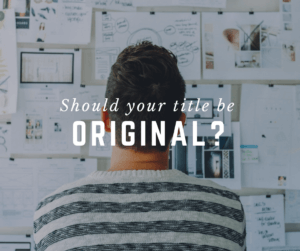
Source:
https://www.quora.com/How-is-that-you-can-not-copyright-the-title-of-a-book-or-a-movie
http://www.thefreedictionary.com/title
https://www.plagiarismtoday.com/2010/01/08/5-things-that-cant-be-copyrighted/
http://www.adweek.com/galleycat/ask-a-lawyer-should-i-copyright-my-title/12964
https://www.thebalance.com/can-a-book-title-be-copyrighted-3974593
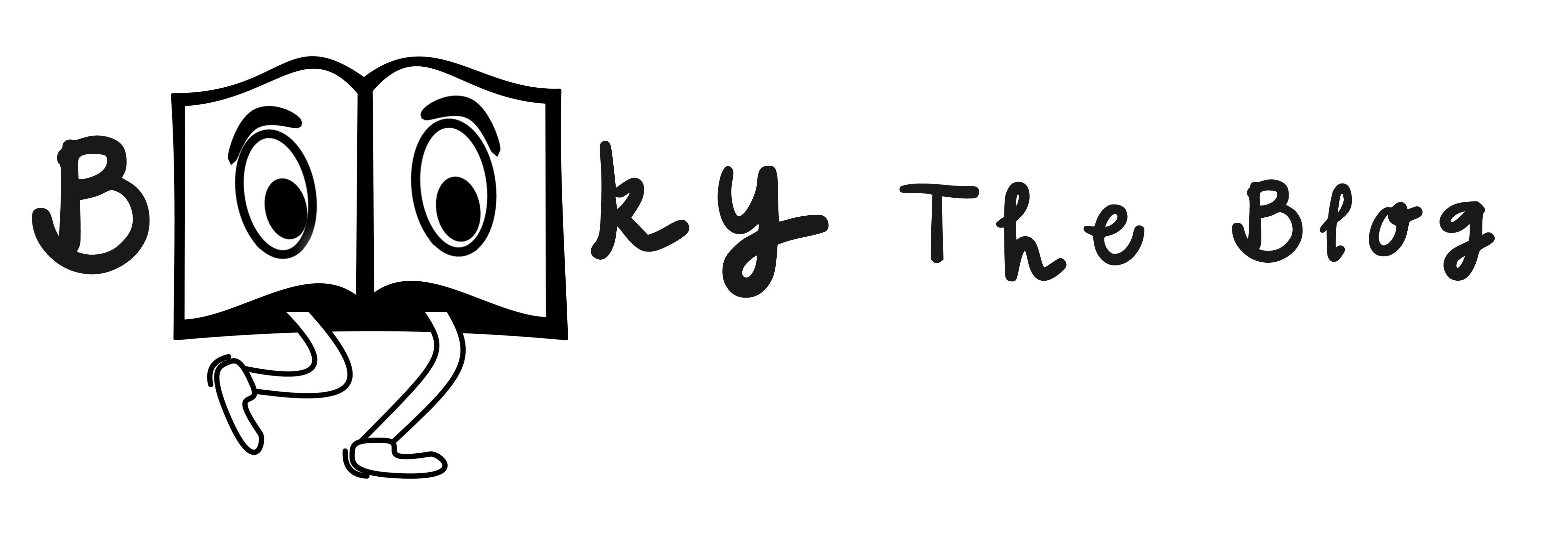


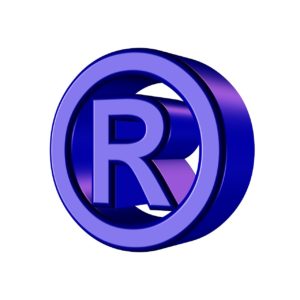
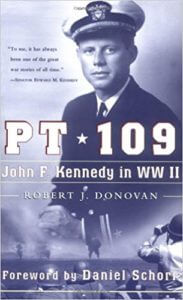

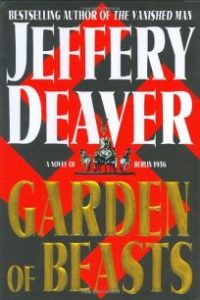
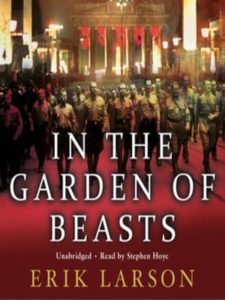
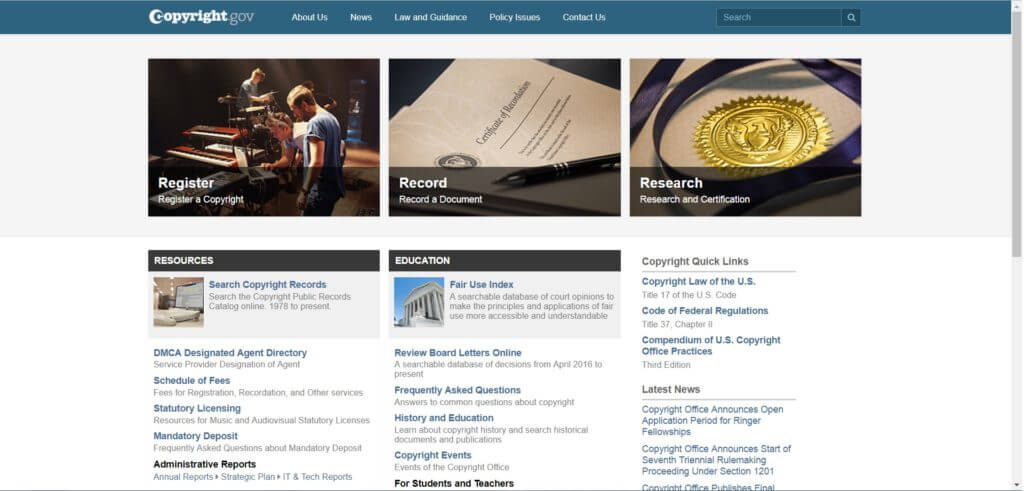
Very efficiently written post. It will be valuable to anyone who usess it, as well as myself. Keep doing what you are doing i will definitely read more posts. bgkegacgceke